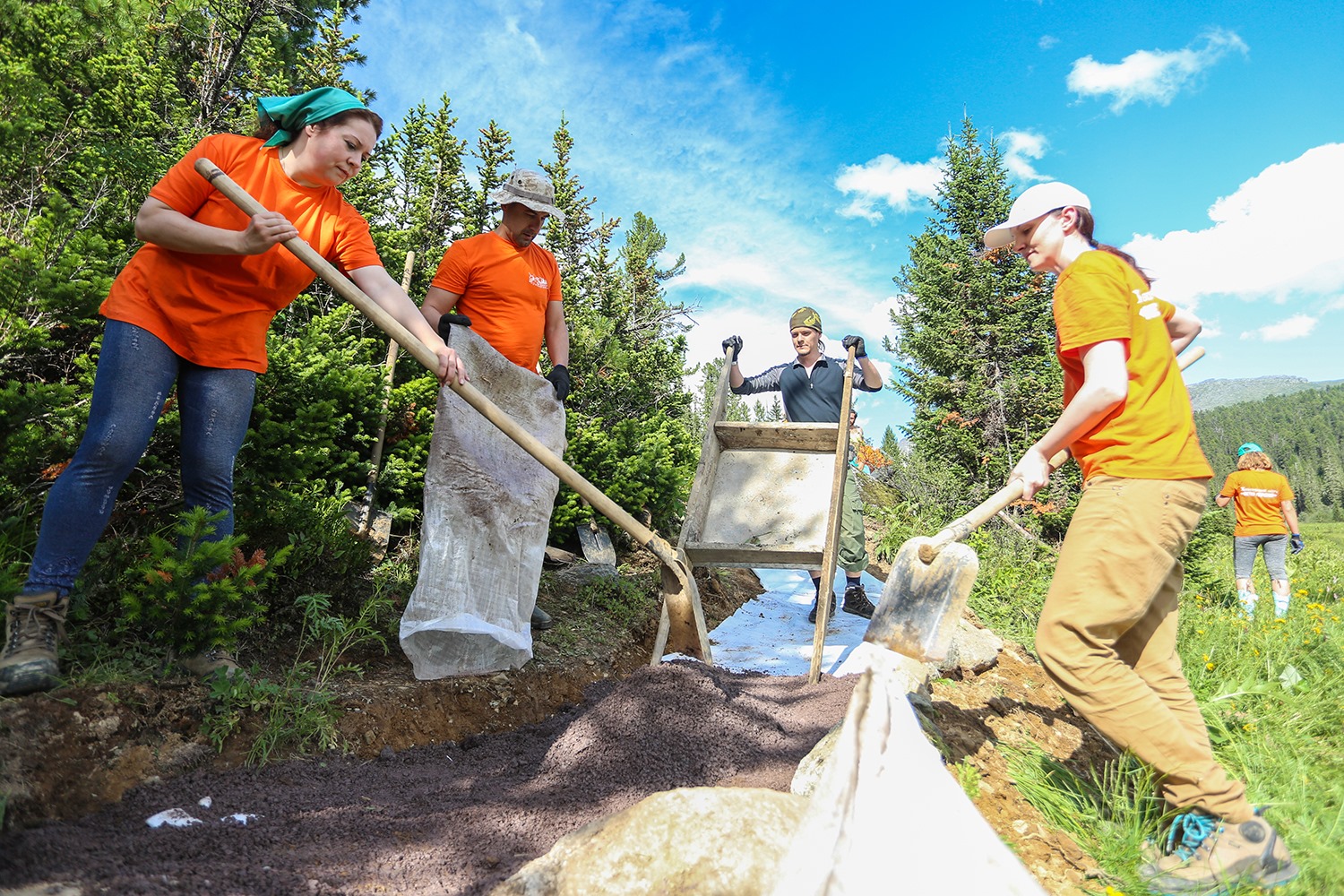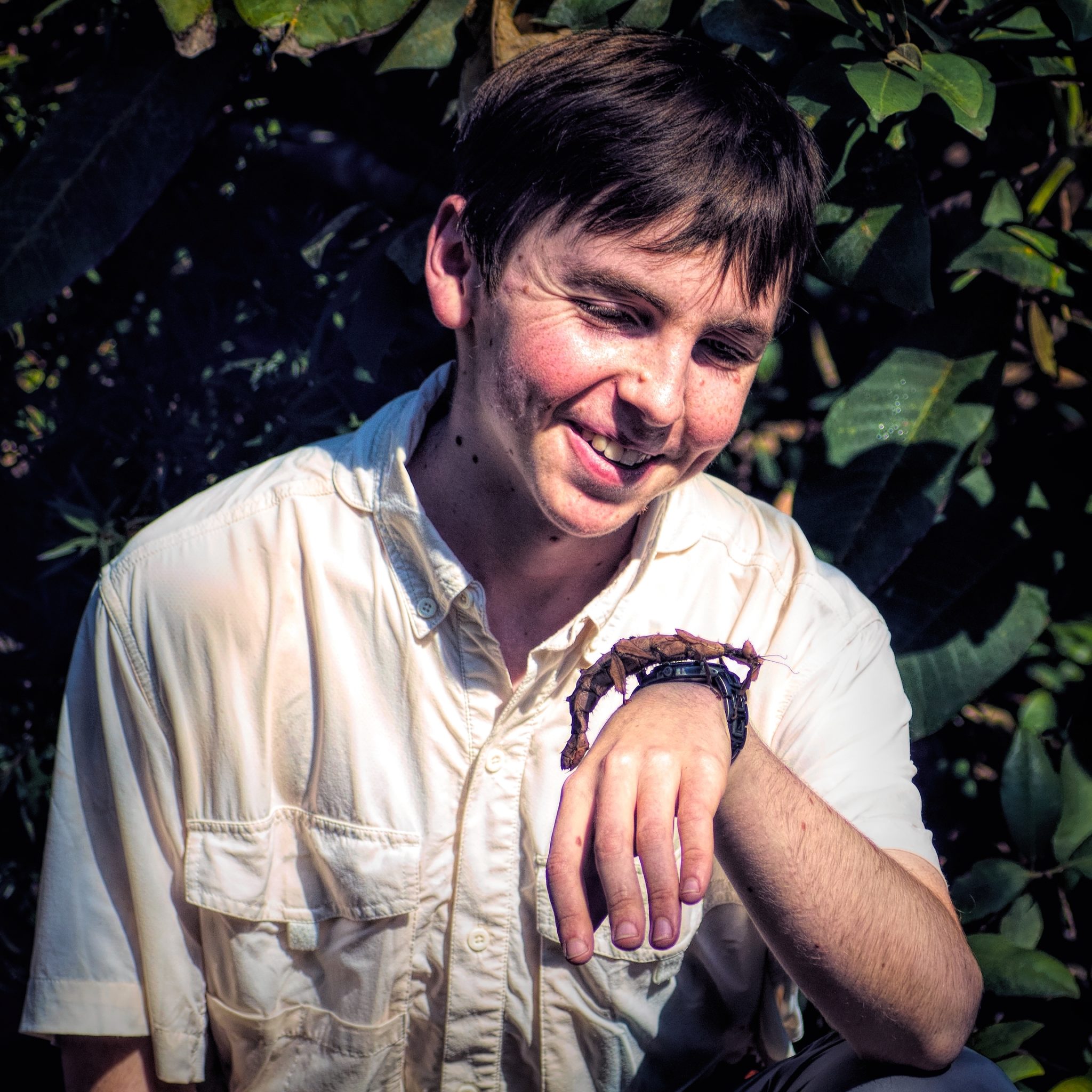3 Money-Free Ways To Donate
English philosopher Francis Bacon once said “Money is like muck, not good except it be spread.” Now whilst this might be a little big of an exaggeration, the sentiment is still there: if you’re able to share your hard-earned money with people and organisations who are doing great work, then you’re investing in efforts for a better future – no matter what you are donating to. But what if you don’t have the ability to donate your money, or would rather give back in a more personal way?
There are many other ways to help support organisations and efforts that you care about, and sometimes they may actually bring you closer to the cause. We spoke with a few of our 2019 CoalitionWILD Ambassadors to collect their thoughts on ways to give that just might be more valuable than money.
1. Participate in Citizen Science. There are 7.7 billion people living globally and 1 trillion estimated animal species. But did you know there is also about 200,000 volunteers looking at camera trap images. That’s right – U.S-based Meredith Palmer is somewhat of a citizen science queen with her projects Snapshot Serengeti and WildCam Gorongosa amounting to the largest ever citizen science initiatives to be attempted.
Put simply, citizen science is where ordinary people help scientists to conduct important research by collecting data for them. The important thing to note here is that it’s a mutually beneficial activity: scientists like her get thousands of helping hands sifting through reams of data, and in turn these digital volunteers learn more about the fascinating ecosystems and species they are filtering through. As Meredith puts it, “I think that this collaboration between scientists and members of the general public is, in this day and age, so valuable. Without the massive amount of time and effort that these volunteers put in, we wouldn’t be able to unlock 1% of the data we have stored.” Citizen science uses a ‘wisdom of the crowds’ philosophy, feeding the same images to 25 or 30 people and running the results they obtain through an algorithm to gather an average answer. The result is as good as if an expert had done it. “It might even be better,” Meredith admits.
Volunteer your time to support Meredith’s projects here.
2. Connect with change-makers and offer your network. Our day to day lives are centered on connections and interactions with our networks. For many young change-makers, they face enormous hurdles getting connected to those outside their small sphere of influence. The opportunity to share their work to a new audience, meet a person of influence or who may have expertise in their area of work, or even to gain new eyes and perspective on an idea is an invaluable asset to anyone, no matter how small or large their projects or organisations are.
Host a call, meal, or meet up with a diverse group of friends and invite a change-maker to be the main focus – whether for them to share their project, to ask advice, or to simply just meet new people. Sometimes simply chatting with other like-minded people can be an excellent way of sparking great ideas. Rafaela Sheiffer (28) from Portugal relates: “It is amazing how confident you can get when your friends offer you sincere advice and encouragement.” Not one to be shy, she organized an virtual meeting about water management and climate with other local youth leaders, which gave rise to conference opportunities, academic collaborations, and new paths for research, creating a new community of practice.
Interested in hosting a group conversation to introduce and expand your networks to young change-makers? Email us at getinvolved@coalitionwild.org to coordinate.
3. Protect wild spaces. If you’re like us, it’s our planet’s most beautiful wild places that inspire us to continue this work – and we want to keep them that way! You can connect to these places while also working to protect them. Many national and protected parks are keen to enlist the services of passionate volunteers in a variety of ways – just ask Victoria Kasmatova (28) from Russia, who took this concept one step further in 2018. Victoria set up a volunteer center, called “Burunduk” (meaning chipmunk), that connects volunteers with Protected Areas in need of their services. Volunteers perform all the many critical tasks that these tight-budgeted operations lack the manpower and the resources to achieve, from cleaning to maintenance to hospitality to interpretation. “It’s about helping each other and getting something bigger: like experience, impressions, and memories.” Learn more about Victoria’s volunteer center and how you can give your time to wild places.

Victoria’s volunteer centre “Burunduk” have organised more than 40 volunteer camps around Russia. They are mainly located in Protected Areas of Russia (National Parks and Zapovedniks). The main task of volunteers is to simplify work of specialists of Protected Areas and to help make these territories better.
In general, if you do the best you can with whatever you have and put that towards a cause you care about, you are contributing to a better future for all! Donating your time, energy, network, and ideas are just as valuable – if not more! – than donating your money (although, we will say that donating funds to an organisation always helps, no matter what the amount). You don’t need to start your own project to have impact – there are great ideas already taking place and always need extra capacity and help to be successful…and that’s where you can come in.


